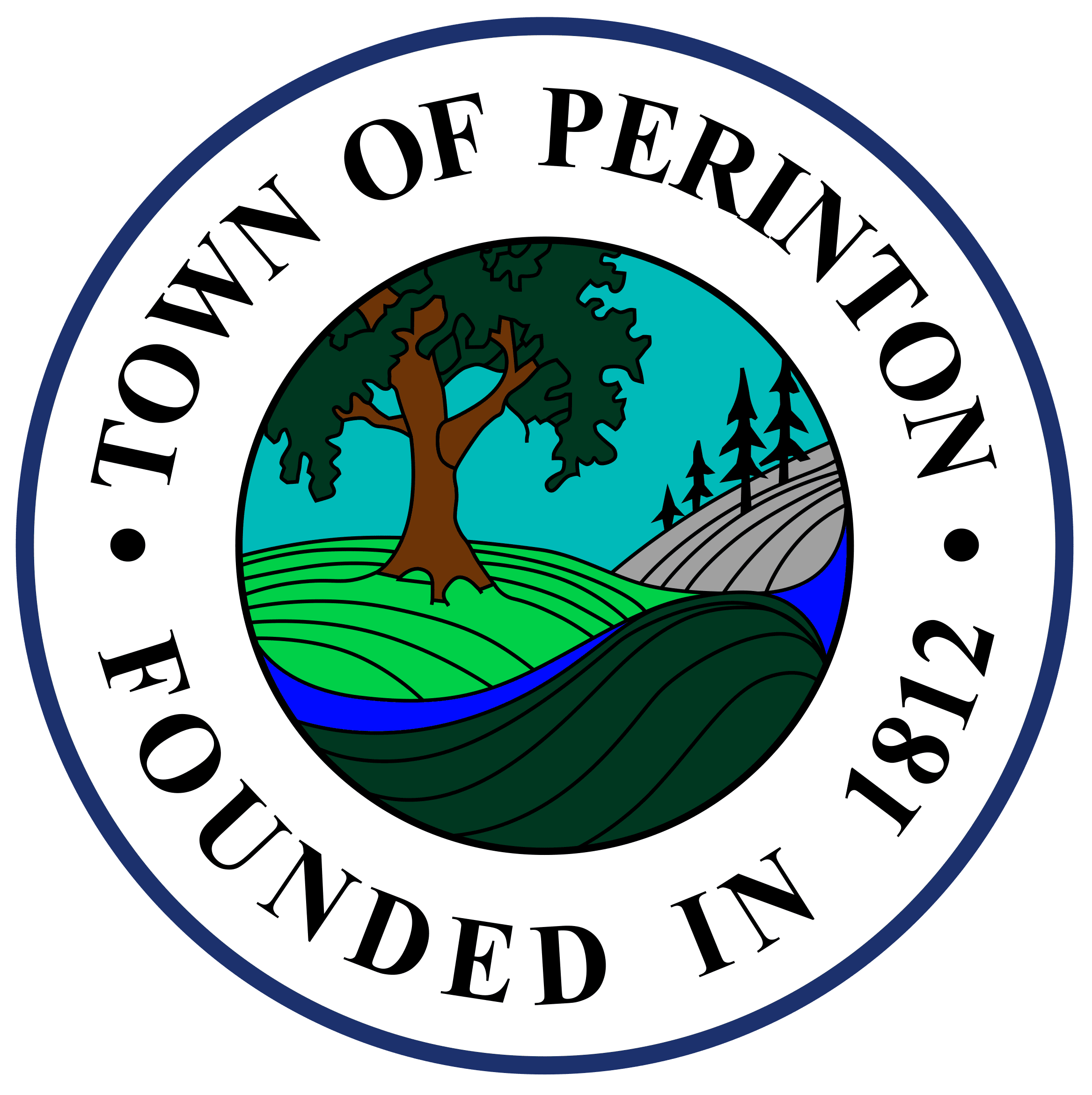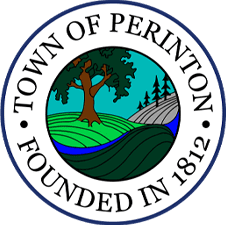What is an Illicit Discharge?
Federal regulations define an illicit discharge as “…any discharge to an municipal sewer that is not composed entirely of stormwater…” with some exceptions. These exceptions include discharges from permitted industrial sources and discharges from fire-fighting activities. Illicit discharges are considered “illicit” because municipalities are not designed to accept, process, or discharge such non-stormwater wastes.
Sources of Illicit Discharges
- Sanitary wastewater
- Effluent from septic tanks
- Car wash wastewaters
- Improper oil disposal
- Radiator flushing disposal
- Laundry wastewaters
- Spills from roadway accidents
- Improper disposal of auto and
- Household toxins
How to report an Illicit Discharge?
Step 1: Observe from a safe distance. DO NOT touch or smell the substance.
Step 2: Notify
Weekdays: Monday – Friday, between 7:30am-4:00pm please contact the Stormwater Program Coordinator at (585) 223-5115
Afterhours: e-mail the Stormwater Program Coordinator at ewilliams@perinton.org
Step 3: Provide information the following information
- Your Name
- Phone Number
- Discovery / Incident Time, Date, and Location
- Description of Material Observed
- Extent of Problem (slow trickle vs significant flow)
Why Report?
The sooner we learn about these incidents, the better our chances of finding the source and correcting the problem.


